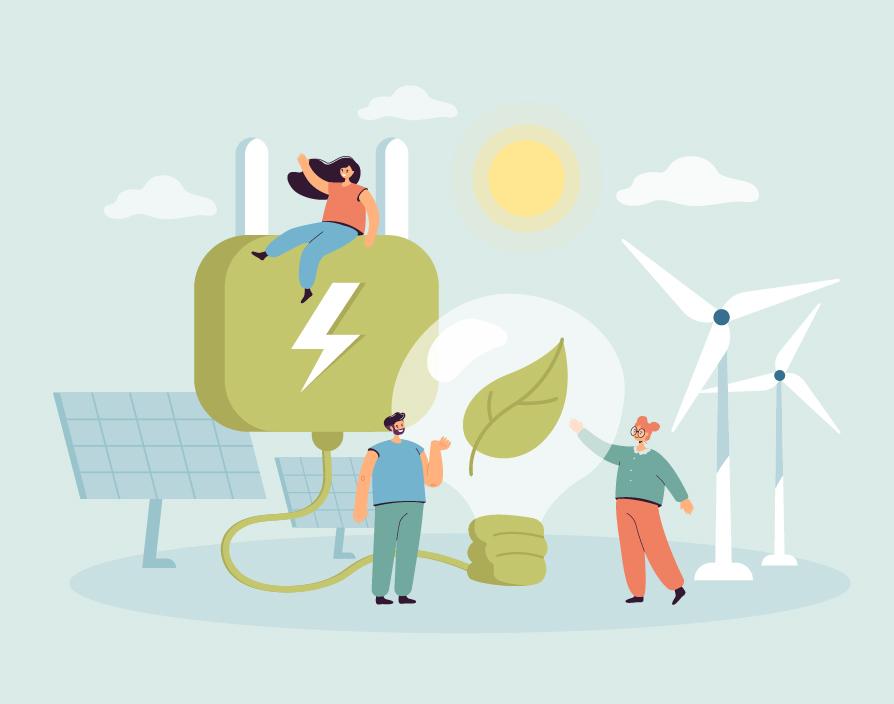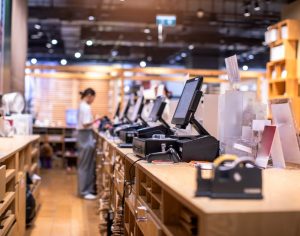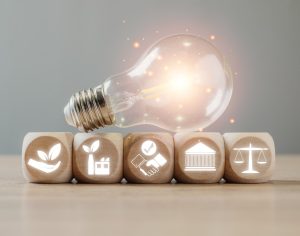I live at the beach near Liverpool and I go there very regularly to catch the breeze; paddle in the sea; watch the birds and exercise. I love it there, but it breaks my heart too because I always pick up litter as well. Some of it rolls in on the tide but some is also dropped by beachgoers who love the location but don’t seem to make the connection that they are destroying the experience.
Some of the detritus swept up onto the beach has come from material carefully recycled but then sold on by the British government to countries who dispose of it as they see fit which might include chucking it into the ocean. There are huge plastic islands in most of our oceans where plastic has been swept after careless disposal.
I was at COP26 in Glasgow last November and I began to realise that solving some of the most pressing, environmental problems will need the collaboration of the state, businesses (large and small) and individuals.
Governments move slowly and are often populist. They go where the votes are. If they perceive that the populace cares about the environment, they will make more of an effort. Governments move slowly so nothing happens quickly. However, they can be useful in bringing in laws and policies that make some behaviours more attractive. A good example has been the recent favourable tax regime for electric vehicles which has boosted EV sales which now make up approximately a quarter of all new car sales. This is a chicken and egg situation. If early adopters had not shown an appetite for greener vehicles then the government would not have changed the laws.
Businesses can help improve the planet by the choices they make. Some big businesses led by enlightened leaders have understood the importance of an intact planet to allow them to continue to trade and have begun their journey to greater sustainability and regeneration. Others have not begun the journey but have started to feel the consumer backlash over excessive packaging or destructive environmental processes like the farming of palm oil in Indonesia and now realise that they have to change to survive. This has been led by individuals lobbying them to work in a more sustainable way and there are some businesses like the big oil corporations that are unlikely to change.
Government and business change has often come at the behest of large numbers of individuals acting together by writing letters; calling firms out on social media and signing petitions. The power of a small number of highly motivated individuals acting together should not be underestimated. David Attenborough is a good example of this. His voice, through his nature programmes, has had a massive impact on individuals around the world. Some of those individuals work for big corporate businesses.
Many of us now realise that the climate crisis will accelerate if we do not act now and in a courageous innovative way. Reducing carbon output by 10% will no longer be effective. We, as individuals, need to take personal responsibility for the problem.
Can we use our car less?
Must all our food be packaged in reams of non-biodegradable plastic?
Can we dispose of our rubbish in a careful way?
Do we have space to plant some wildflowers in our yards/gardens?
Is it possible to turn our thermostat in our house down by 1oC?
We are seeing some of the mistakes of becoming too dependent on oil and gas in the present Ukrainian crisis. One country holds many countries to ransom because energy security has not been an important policy for governments over the last 20 years. Economic and ecologic reasons are dovetailing. We shouldn’t be surprised by this as they share the same prefix!
The 2020s are a crucial time for the survival of the planet and humanity. Extreme weather events are becoming more frequent. Solastalgia is becoming an increasing problem! People are losing hope. It’s important that we all work together to change the world for the better. That means individuals encouraging government and big business to act in a responsible way but also to do that themselves. If we all work together, we can still save our beautiful planet.
Share via:








































